Citroën is looking to replicate its car Fair Pricing strategy for vans in the coming months, giving fleets much greater transparency on the list price.
It is also planning to begin trials of online sales for a selection of vans, as it embarks on a digital end-to-end journey.
The manufacturer has overhauled its business since the appointment of UK managing director Eurig Druce (pictured) in 2019. The stimulus was a trip to France to view upcoming product: one of those cars was the new C5 X, which is now available to order.
“We lacked credibility to launch this type of product,” Druce told Fleet News in a frank assessment of the company. “Our residual values (RVs) were poor, and we had a history of over-trading. Our rental mix was too high, at an average of 13% across the range, but some cars, such as the C3 Aircross, were at 25% rental. This was not sustainable.”
Druce put in place a new set of controls to reduce the rental mix. Progress has undoubtedly been helped by a combination of Covid and the current supply crisis, which have allowed Citroën to pause and re-evaluate its business.
This year, rental will be “no more than 6%” of total volume, with a new rule written into the company constitution that no individual model line will have more than a 10% rental mix.
At the same time, Druce introduced Fair Pricing, which saw P11D prices reduced and discounts cut to close the gap between list and actual prices. As a result, benefit-in-kind tax – based on the P11D price – fell across the car range, increasing the appeal to company car drivers.
“We have a number of opportunities in fleet,” Druce said. “User-chooser has not been anywhere near the volumes it should be, and we also expect growth in the public sector and corporate market.”
The combination of Fair Pricing and the rental strategy have pushed Citroën’s residuals up typically by seven percentage points since 2019 and Druce is confident they will continue to rise.
He is now in discussions about bringing Fair Pricing to vans, which will enable Citroën to take a consistent message to market across a “fully comprehensive” range of models, from the two-seater electric Ami to 3.5-tonne light commercial vehicles.
Within the next couple of months, Citroën will start trialling online sales of vans, after successfully launching the proposition with the Ami.
“We will try something different by looking at six or seven of our most popular vehicles, colours and contracts to offer an off-the-shelf model,” Druce said.
“Pricing will be transparent; no negotiations, it will be the best Citroën price. We will also be clear on availability.”
Vans will still be supplied via dealers in a “bricks and clicks” approach, but the initiative will enable Citroën to counter the rise of online brokers.
Druce recognises his biggest challenge is to change the fleet perception of Citroën as a company with uncertain product quality and low RVs.
Both, he asserts, have now been addressed: “Our residual values are at, or above, sector averages and our warranty instances have fallen by a third overall and by almost 50% in the first year for both cars and vans. Quality is at a level we have never experienced before and we have to plumb that into our reputation.”
The company has launched a global reputation project called Citroën Adviser (its version of Trip Advisor), whereby customers can rate its vehicles and its dealers. Available in 67 countries, including the UK, to date, more than 400,000 reviews have been gathered.
“We have reinvented the brand, but we are still only halfway on our journey,” Druce said.






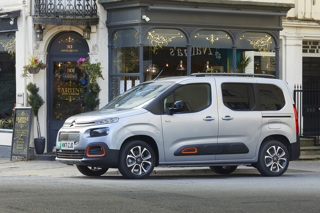
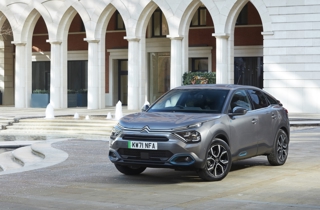
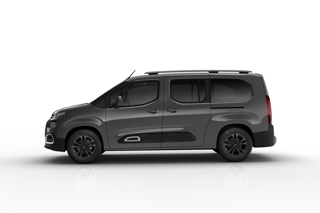
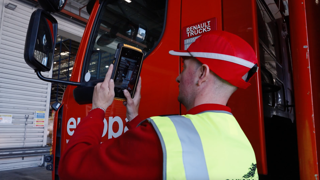
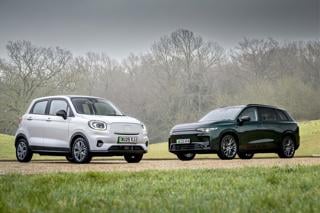











Login to comment
Comments
No comments have been made yet.